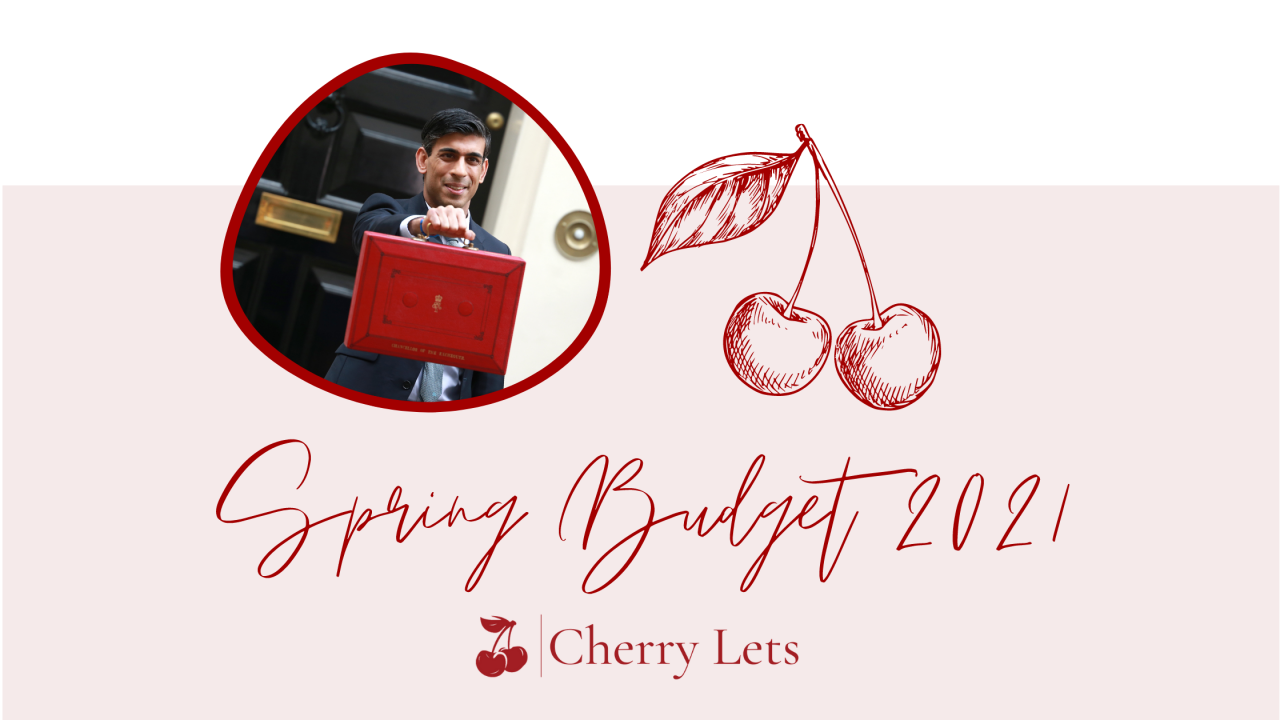Chancellor of the Exchequer, Rishi Sunak, laid out his budget plans for the coming months and years today (Wednesday 3rd March 2021). The general idea of the budget, is that borrowing will stay at an increased rate for the next year, before measures begin to be introduced in order to reign in government spending.
In the short term, the budget held great news for those looking to buy property, whether as a residence or for investment, with the stamp duty holiday being extended at its current threshold of 500,000 until 30th June 2021, rather instead of the previously planned 31st March 2021. To ease the transition back to the usual stamp-duty free threshold, the stamp duty holiday threshold will be reduced to 250,000 until the end of September, and it will return back to 125,000 from October 1st.
Why is this good news for investors?
Property investors are still able to take advantage of the stamp duty holiday, although are still subject to the stamp duty on second homes, which is 3% of the overall property value. So lets take a look at how this will affect what investors will pay over the coming months.
What will you pay for an investment property costing £300,000?
Until 30th June: The stamp-duty free threshold is £500,000
Stamp duty: £0.00
Stamp duty for second homes: 3% of £300,000 = £9,000
Total cost: £309,000
1st July – 30th September: £250,000 stamp duty free
Stamp duty: 5% of £50,000 = £2,500
Stamp duty for second homes: 3% of £300,000 = £9,000
Total cost: £11,500
From 1st October: £125,000 stamp duty free
Stamp duty: £8,750
Stamp duty for second homes: £9,000
Total cost: £17,750
This is just an example, to highlight the savings that can be made by purchasing now. These figures will be different depending on the value of the purchased property, and it’s worth using a stamp duty calculator like this one, to check.
What else does this budget mean for the property industry?
The return of the 95% mortgage
The chancellor also announced an incentive for banks to provide 95% mortgages, with a view to helping first time buyers get on to the property ladder with a 5% deposit. For banks offering 95% mortgages, the government will underwrite these loans as part of the new scheme. He has already announced a commitment from a number of banks to begin offering these mortgages as from next month, including Lloyds, Natwest, Santander, Barclays and HSBC with Virgin Money to follow shortly
Why did 95% mortgages disappear in the first place?
In the early 2000’s, high percentage mortgages of 90% – 100% were common, so what happened?
Mortgage lenders traditionally provide loans with the caveat that, if you can’t repay it they can repossess your home and sell it, in order to recoup their money.
When property prices are rising, banks are protected as the resale value of the home is enough to cover the outstanding amount of the loan. However, the 2008 economic crash created an unease around high Loan to Value (LTV) mortgages and lenders were hesitant to lend in this way anymore in case there was a house price crash.
Why is this good news for investors?
Not only does this help first time buyers, but by guaranteeing these loans, the government are displaying their commitment to keeping property prices high, which is a confidence boost for those who hold significant investment in property.
If you would like to discuss how the budget can help you as an investor buyer, or you would like any assistance with choosing the right Buy to Let property, please contact Annabelle for expert advice on: ask@cherry-lets.co.uk or call 01869 337346.



 by
by 

Share this with
Email
Facebook
Messenger
Twitter
Pinterest
LinkedIn
Copy this link